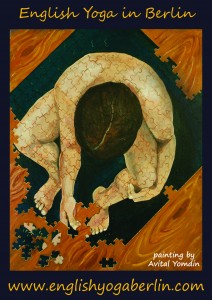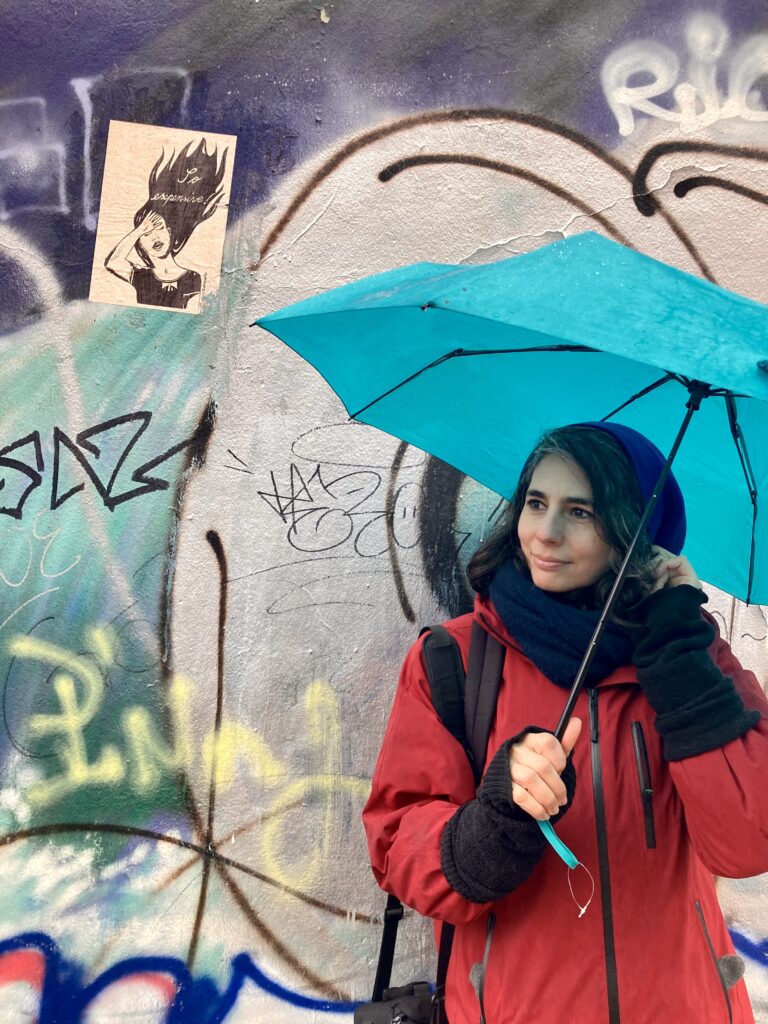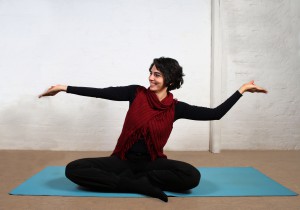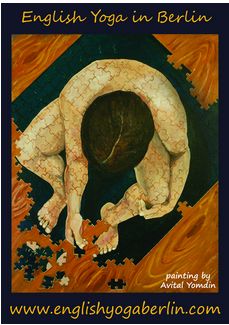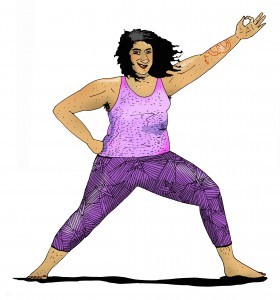What is forgiveness? One can apologize, say sorry, ask forgiveness. But what do these words actually mean? Are they all the same? And does this distinction even matter?
When I get lost with the meanings of words, I often go back to their etymology. I like to see what the original meaning of the word was, when the need for that word to be created arose. I also find it very telling to see how far we’ve strayed from that meaning.
When I looked up the word to forgive on the online etymological dictionary I was particularly impressed at the word meaning “to give up”. To give up what exactly? In old English it meant “to give up desire or power to punish”. Sorry, on the other hand, comes from the word sorrow. So when I say, I’m sorry to someone what I am actually saying is “I can feel your sorrow.” Apology comes from Greek, meaning “to use speech in defense”.
Interestingly, in Greek there are two more words used interchangeably for the word forgive. One is signomi (sin+ gnomi), which means „I am now of the same opinion as you”. The other one is me-sighoreis which could be translated as “Can you make space for me to also be?”
I find the meaning of these words to be quite different to one another, and yet we use them all interchangeably and indiscriminately. No wonder we are all confused about what it means to forgive! Is it to give up the will to punish, to feel one’s sorrow without changing our actions, to hear someone defend themselves through speech, to tell the other person they were right all along, or to give the other person permission to also be as he/she is?
Before we even consider forgiving anything, we must at least know what we mean by it. Which is the forgiving that so many people say will liberate the heart and let it find peace?
Tara Brach tells this beautiful story in order to explain the process of forgiveness that resonates deeply with me:
“Imagine you are in the woods and you see a dog under a tree. You smile and go to pet this dog and it lurches at you, fangs bared and growling. You become angry at the dog and then you see its leg is caught in a trap. You shift again and go from being angry at the dog to having compassion for it.”
The shift from anger to compassion is when the forgiveness happens. I guess in a way you are doing all of the above: you give up the will to punish the dog (forgive) because you feel his sorrow (sorry). You can explain through speech what just occurred (apology), you are now of the same opinion – you would be angry too if you were trapped – (signomi) and you make space for the dog to also exist in his pain (me sighoreis).
Forgiveness occurs when anger turns to compassion.
Does this mean that because you forgave the dog, you should now go pet him and get bit? No way! It means that if you choose to help the dog, you need to approach him in a way that has clear boundaries that won’t damage you. And if that is not possible because the dog is so deep in his own pain and too dangerous for you to deal with, then you need to leave – and let someone with more experience help the dog out of his trap.
Pinelopi specializes in Hatha Yoga. Her yoga Kreuzberg classes are open for and welcoming to beginners. She also offers Berlin business yoga, pregnancy yoga, and private yoga classes for people struggling with chronic pain. All her yoga classes end in deep relaxation using yoga Nidra techniques. In her Berlin Chakra course, she uses the chakras as a base line to self-explore concepts such as forgiveness, group thought, letting go, and becoming self-aware of limiting beliefs.
